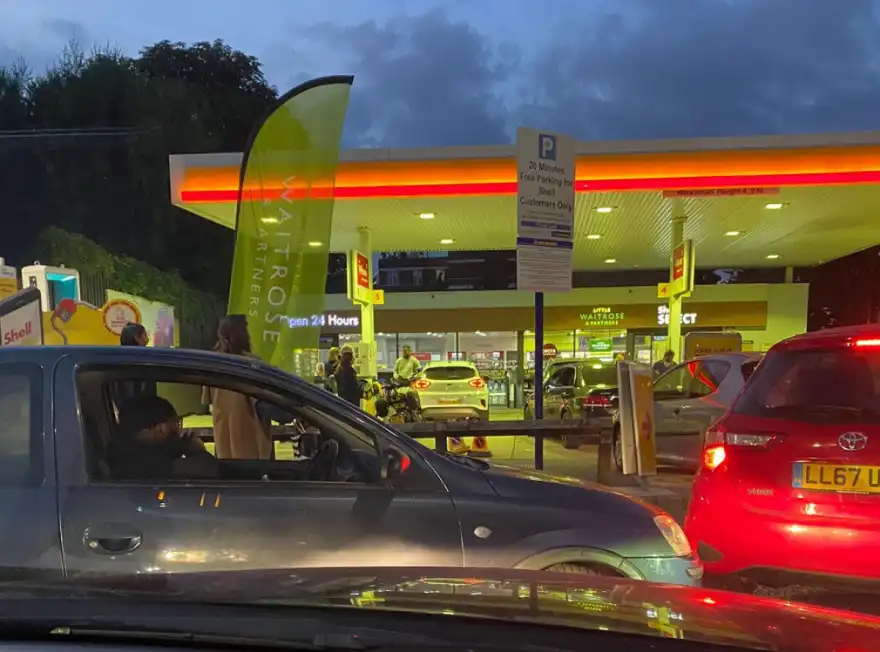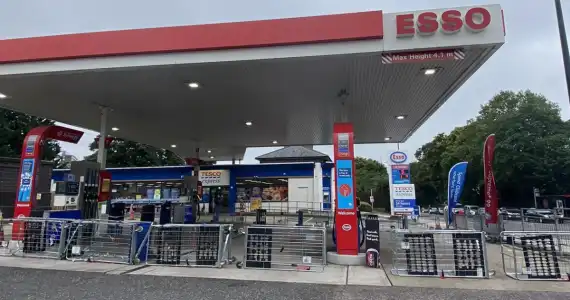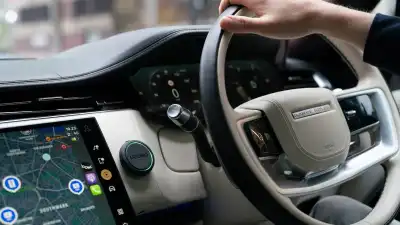
The RAC has reported that petrol prices have hit an eight-year high as a result of a rise in the cost of wholesale fuel. It’s a little more than 12 months ago that many of us were seeing prices around £1 flat for petrol in stations across the UK, but the RAC has said the average price per litre of petrol across the UK increased to 136.59p on Sunday, the highest level since September 2013.
I’m sure it’s not just this writer who is thinking 136p seems surprisingly low having seen numerous stations charging in excess of £1.50 over the last few days. Let us know what prices you have seen or paid in the comments below.
RAC fuel spokesman, Simon Williams, told the BBC: "When it comes to pump prices, it's a pretty bleak picture for drivers.
"With the cost of oil rising and now near a three-year high, wholesale prices are being forced up which means retailers are paying more than they were just a few days ago for the same amount of fuel.
"This has led to the price of a litre of unleaded already going up by a penny since Friday.
"We might yet see higher forecourt prices in the coming days, irrespective of the current supply problems.

"We are also aware of a small number of retailers taking advantage of the current delivery situation by hiking prices, so we'd remind drivers to always compare the price they're being asked to pay with the current UK averages which are 136.69p for petrol and 138.58p for diesel."
And in a move which will undoubtedly only raise eyebrows further, but may be seen as a necessity by No 10, Boris has ordered the army to remain on standby as concerns remain about fuel reaching petrol stations that have been decimated by panic buying.
If needed, soldiers would help deliver petrol and diesel on a short-term basis but at the minute there is no need for immediate intervention as we have hopefully passed the worst of the crisis.
The decision to not enforce an immediate deployment was taking by cabinet ministers on Monday, as the industry said consumer panic was the main driver of the problems and expected them to ease this week.
The government also authorised an extension to licences for fuel tankers this week which means they will automatically renewing them without refresher training.



